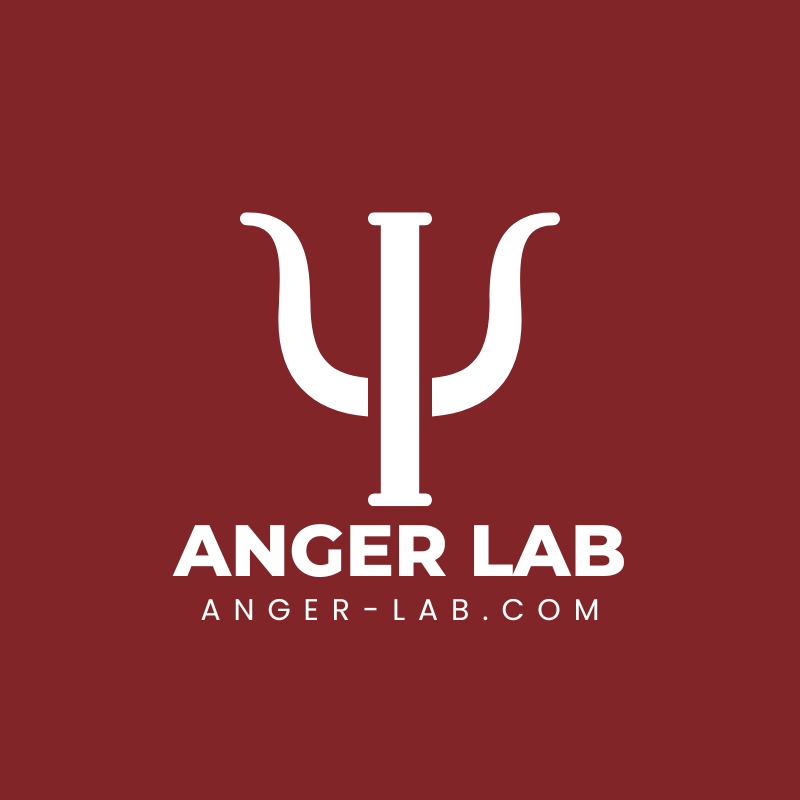
Director: Eric R. Dahlen, Ph.D.
Doctoral Dissertations

Boggs, S. (working on proposal). Vulnerability in the Dark Triad: Insecure attachment and relational aggression in the peer relationships of college students.
Strowd, J. (proposed). When opportunity knocks, do dark personality traits aide in students' rationalization of academic misconduct?
Van Overloop, E. (2024). Peer victimization in college student mental health and well-being: Moderating effects of perceived social support.
Merold, S. J. (2022). The role of mate-seeking motives, status acquisition motives, and dark personality in the use of direct and indirect aggression.
Davis, R. M. (2022). Can expert opinion mitigate racially biased diversion decisions? An empirical examination in the context of reoffense risk assessment.
Poor, A. M. (2022). Predictors of relational aggression in women across adulthood.
Stoner, P. (2022). Testing barriers to non-suicidal self-injury with college students: Narcissistic traits as moderators.
Nocera, T. R. (2019). Assessing the effects of psychopathy, sadism, aggression, and boredom proneness on cyber aggression perpetration among emerging adults: Is moral disengagement to blame?
Hicks, S. S. (2019). Romantic relational aggression among college students: A moderated mediation study of attachment style, romantic jealousy, mate value, and relationship investment.
Knight, N. M. (2018). Indirect & displaced aggression: The role of comparison based traits and cognitive vulnerabilities.
Clark, C. M. (2017). Validation of the Young Adult Relational Aggression Scale (YARAS).
Gavel, D. W. (2017). More than mere synonyms: Examining the differences between criminogenic thinking and criminogenic attitudes.
Deason, D. L. (2016). Hypermasculine, antifeminine: The role of masculine identity in relational aggression among gay men.
Boudreaux, D. J. (2015). Refinement of the Attitudes Toward Anger Management Scale.
Prather, E. E. (2015). Predictors of binge eating in college women.
Czar, K. A. (2011). Regional differences in relational aggression: The role of culture.
Augustin, M. R. (2010). A psychometric investigation of the Young Adult Social Behavior Scale (YASB).
Futral, G. L. (2010). Increasing readiness to change anger: A motivational group intervention.
Moore, M. P. (2010). Further validation of the Larson Driver Stress Profile.
McNabb, M.T. (2009). Scarred images: Using appearance as a motivator to reduce driving under the influence of alcohol.
White, R. P. (2009). Driving anger, sensation seeking, and narcissism in the prediction of unsafe driving.
Martin, R. C. (2004). Cognitive processes associated with anger disorders: The development of a new instrument.
